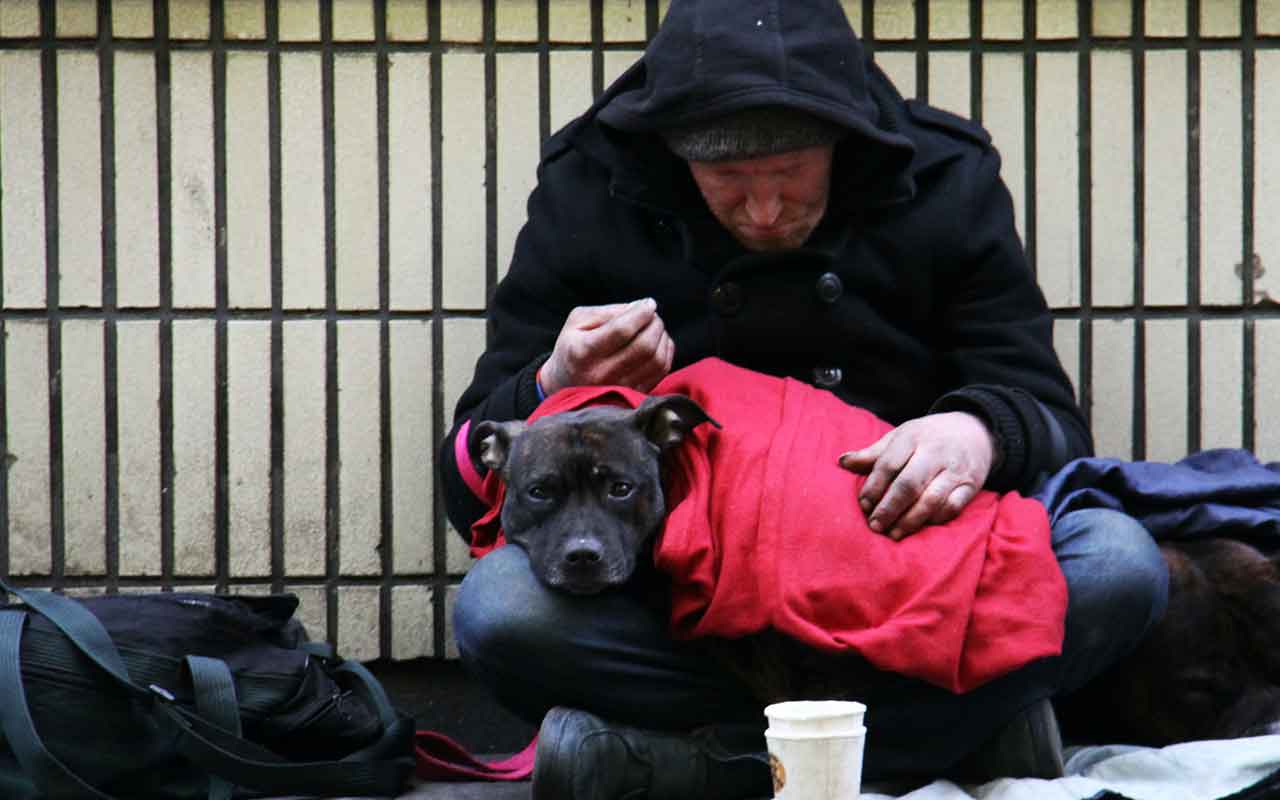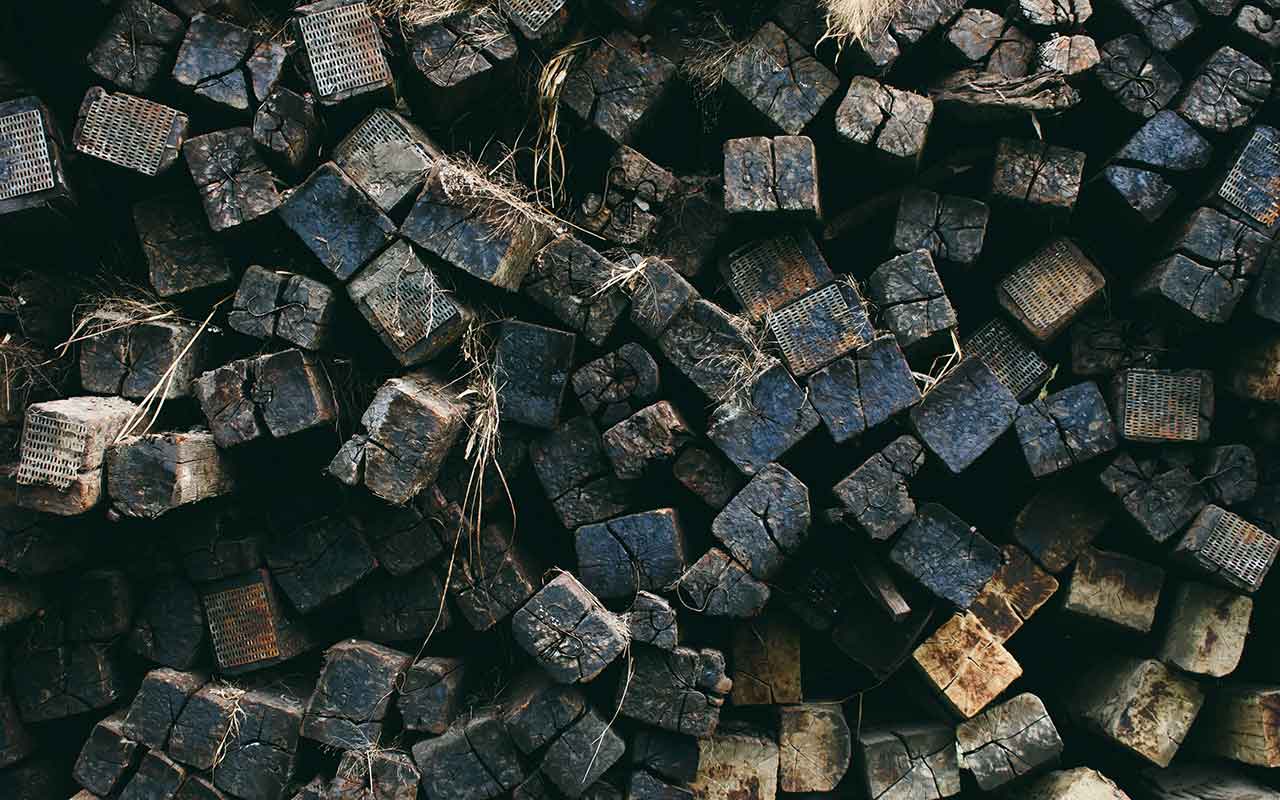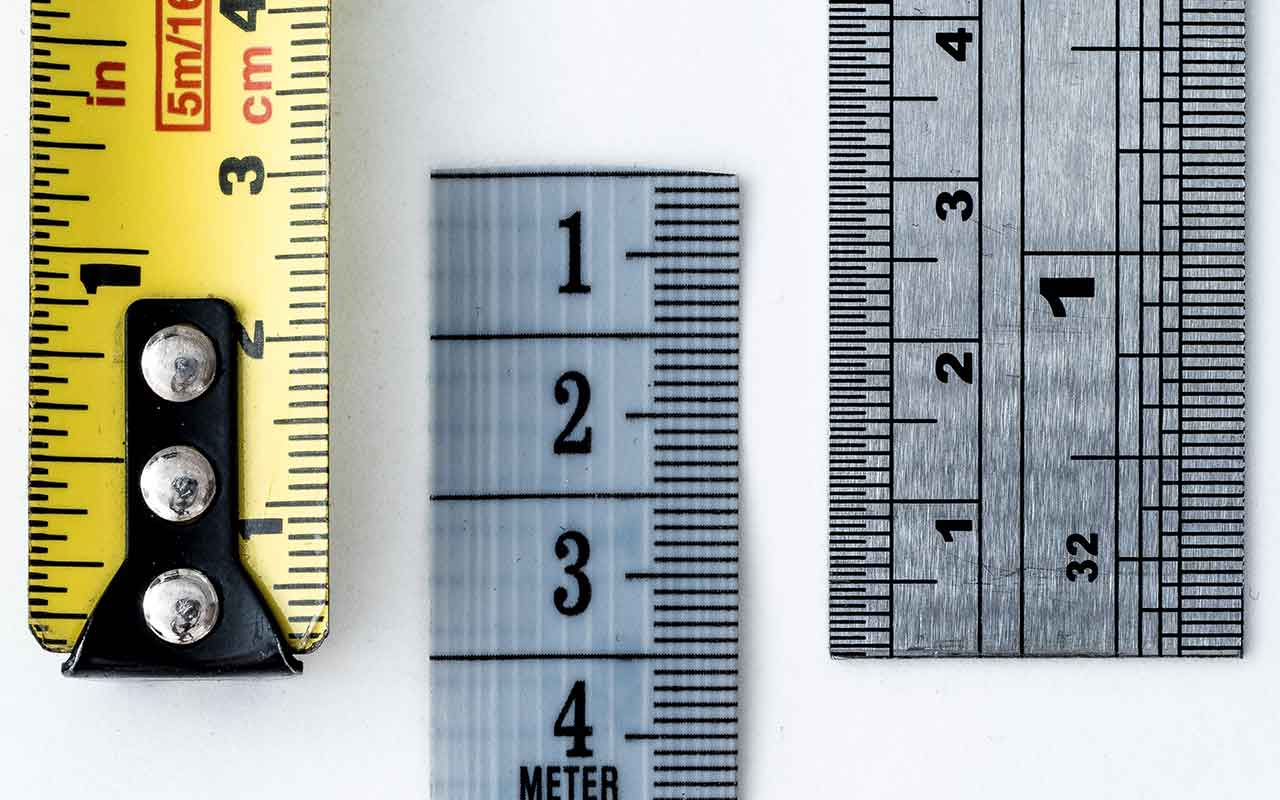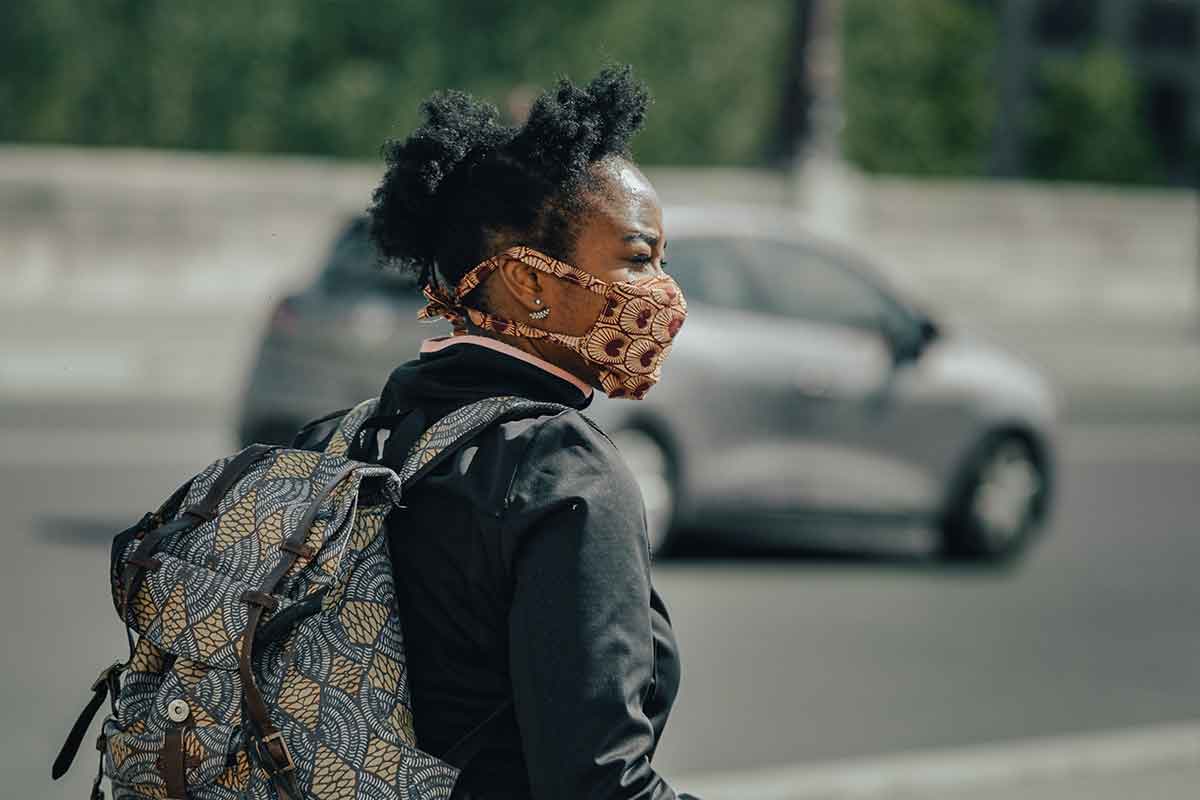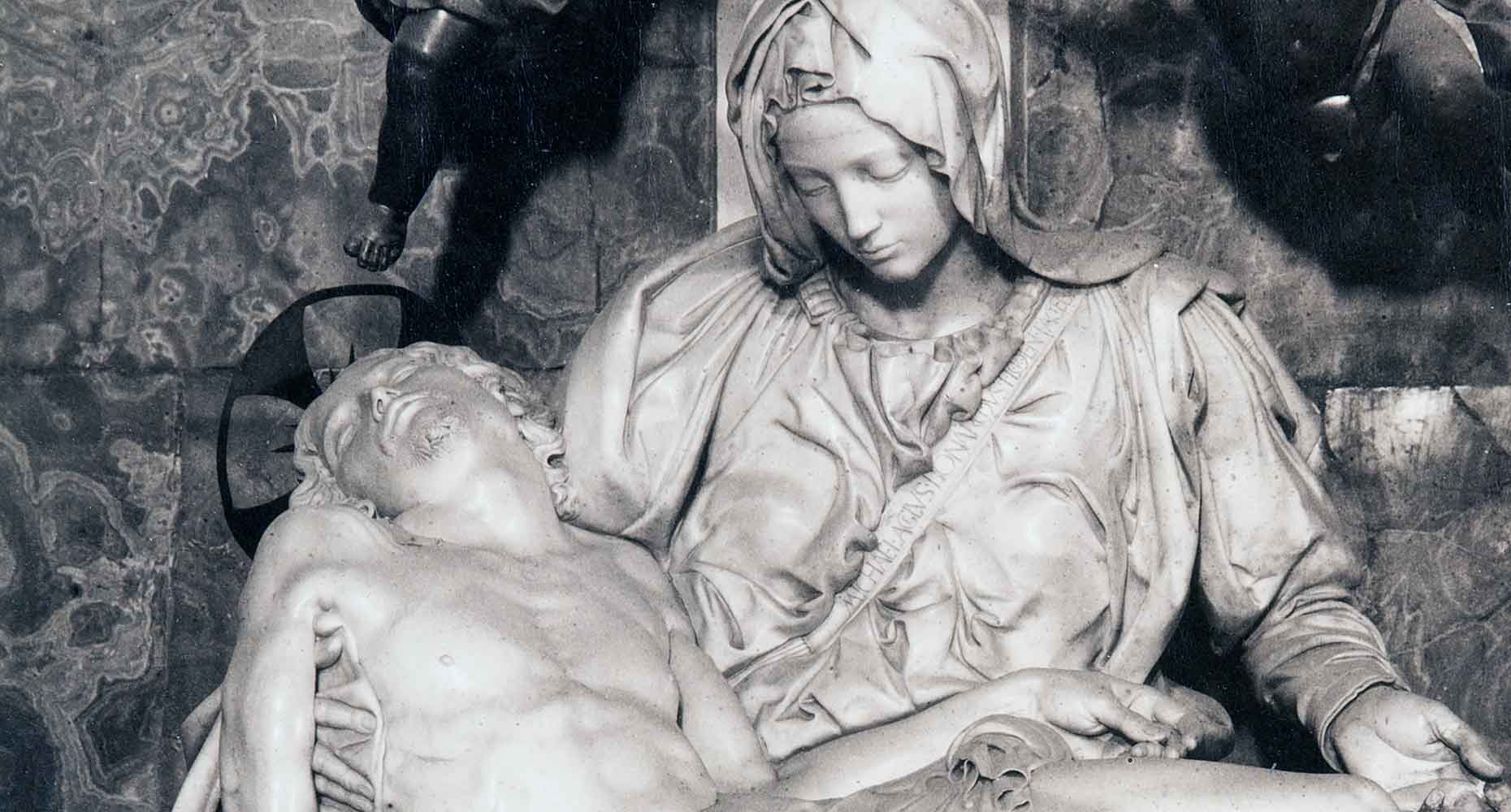By Fr. Tom Zelinski, OFM Cap.
The main content or theme of Pope Francis’ new encyclical seems to be a reminder of ideas straight out of the Gospels and the spirit of Franciscan thought: we are all brothers and sisters, children of God, and the implications of that reality. We have heard these things before.
But the Holy Father wants to reinforce these basic beliefs as we emerge from the pandemic, whenever that will be! He wants us to learn from our experience in this time of sickness and suffering. How well have we cared for each other, all around the world? How have we not cared for each other and what might be improved to change that?
Among other things, he calls for improvement in health care systems, and to examine why, in some places, so many died and were not given needed care. Part of this always depends on material resources. The poorer people are, the less health care is available to them.
So the Holy Father challenges us in our view of economic forces, and challenges our ways of capitalism and materialism. How do we indeed share the goods of the earth with all our brothers and sisters? Along with this, he also speaks about our care for the earth itself, which recalls his other encyclical, Laudato Sí.
Some of his words may disturb dyed-in-the-wool capitalists, materialists, and so called “free market” business types. Francis echoes the challenges of Popes before him, some of whom we now call “saints.” The Gospels and the Franciscan spirit ask us to re-think our capitalist, materialist, rugged individualist priorities. We are brothers and sisters to each other and to all creation.
